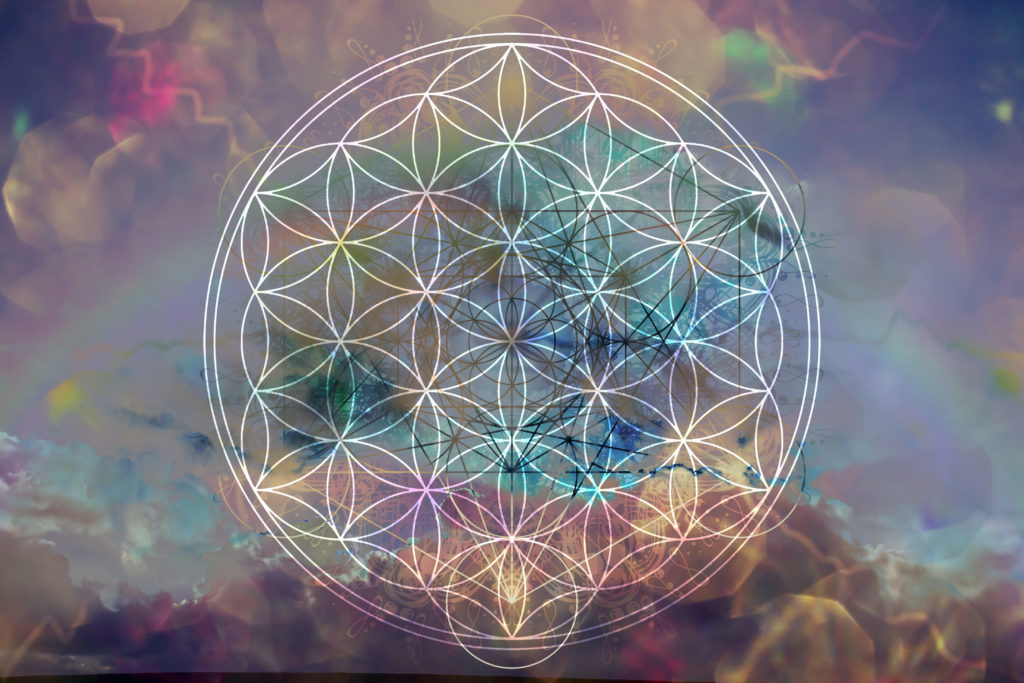
Howard Thurman in his sermons on Jesus and the Disenfranchised poses an interesting dilemma about valuing country over life. In his words:
“During times of war hatred becomes quite respectable, even though it has to masquerade often under the guise of patriotism.”
Let us not become haters of one another–haters of our shared humanity– under any guise at all. July 4 is a time to remember that, to quote the late feminist-nonviolent activist, Barbara Deming, “We are all part of one another.” Or in the words of Dr. Martin Luther King, Jr, “We are caught up in an inescapable web of mutuality.”
Our mutuality, our belonging-ness with one another, our capacity to root out hatred in whatever guises it poses itself as “respectable” is a key part of the “inner significance” of nonviolence. We refuse to hate.
But what about “those angry people”? Or, what about my OWN anger, forget about those other people? Let’s be very clear: anger is not hatred. Anger is a form of energy, while hatred [of life, of people to be precise] is a form of consciousness entrapped by a fundamental delusion of pure division with *almost* no escape. Anger can go in the direction of hatred, most certainly, but it can also transform into love, a state where hatred cannot live because love is a fundamental awareness of our fullness through each other. Love, when properly understood, transforms hatred.
Nonviolent energy hides in our emotional states.
Passivity can–must– be roused into action
and action, while better than being merely passive–
can be directed into channels that build bridges
(to mix and use a metaphor from john a. powell of UC Berkeley’s Otherness and Belonging Institute).
While we should not judge others at all, we certainly should not judge people–our ourselves– for feeling angry about injustice! Nor should we *fear* each other’s anger or our own, or conflate our expressions of anger in moments of escalation or just plain frustration at times–with hatred.
Instead, let’s find ways of helping one another put fear and anger to good use, or show people who are passive that there are ways to get involved where their contribution can make a difference.
If we stifle or waste this energy we lose a precious, raw resource that has the potential to do so much good for re-balancing our systems that are so weighted down in oppressive practices, biases, and broken relationships.
How do we do this? We can *start* by listening. Listening to ourselves and knowing what we are feeling without judging it. We can also commit ourselves to learning. Learn about how people around the world have roused themselves from apathy or passivity and channeled their anger, frustration, or sense of worthlessness into nonviolent action. Learn their names, learn their stories, learn the lessons they want to share.
Ask and attempt to answer: What roused them from passivity to a desire for action to a commitment to nonviolent action? What motivated them?
And finally, let’s personalize and embed a true sense of dignity within all of our relationships: tell and show each other how we want to be treated, be firm about how we are willing and not willing treat others, and examine how to show our mutuality, our interconnectedness, our love for one another and of life itself through nonviolence from wherever we are right now.
With Metta,
Stephanie Van Hook, Executive Director









[…] Using Principled Nonviolence In Meaningful Ways Right Now: Have you caught yourself acting like a troll lately? In this newsletter, Metta Center explores how to go deeper with principled nonviolence during these intense times. Read more>> […]